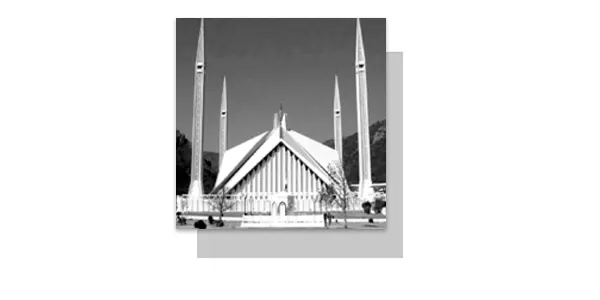IHSAN is an Arabic term derived from husn, meaning “beauty.”
Literally, it translates to “to do beautiful things,” “beautification,” “perfection,” or “excellence.”
Scholars connect it with the three dimensions of religion: Islam: By voluntarily submitting to God and practicing the five pillars of Islam.
Iman: By opening the heart to foster Iman and strengthening belief in the six articles of faith, thereby transforming a good Muslim into a Momin and Mutaqi, respectively.
Iman purifies the heart from all kinds of vices such as hypocrisy, arrogance, materialism, greed, and cruelty.
Al-Thaʿlabī beautifully illustrated this purity by saying:
“A man does not reach the peak of righteousness (sinām al-taqwá) until it is such that, were he to place what is in his heart on a plate and go around the market with it, he would not be ashamed of anything on it.” Contrasting this ideal, how ashamed would we feel if others could glimpse into our hearts and see all the flaws and malicious tendencies hidden within?
Ihsan: By beautifying both the corporeal and spiritual aspects of a Momin, elevating him to the status of a Mohsin. As a Mohsin, he ascends the spiritual ladder from Farsh (earth) to Arsh (divine presence). He excels in his work and social interactions, striving for perfection with the awareness that Allah is always watching. He endeavours to please Allah by adhering to His commands. Living as a Mohsin and applying Ihsan in daily life, he is imbued with Allah’s mercy and forgiveness.
The Prophet Muhammad (PBUH) defined Ihsan as: “It is to worship Allah as if you see Him, and while you do not see Him, truly, He sees you.” Imām al-Nawawī stated: “If one of us is able to worship as if he sees his Lord, he would never abandon any good thing he can do, such as being humble, reverent, behaving well, and taking care to combine outward and inward aspects completely, in the best possible manner.” Through this approach, a Mohsin achieves perfection in everything he does on earth. For example:
In prayers, by experiencing Allah’s presence. In relations with parents, by honouring, thanking, and serving them. In relations with relatives, by recognizing their rights, treating them well, and assisting them when needed. In relations with society, by helping the weak, needy, and poor, and by being charitable and kind. In relations with people of other faiths, by maintaining friendliness and showing no aggression.
In relations with animals, by treating them with kindness, avoiding abuse, and acknowledging them as Allah’s creation. Finally, by spreading goodness and kindness on earth, knowing that Allah loves those who do good. Islamic jurists generally focus on Islam, theologians on Iman, and Sufis on Ihsan. Some scholars describe Ihsan as the inner dimension of Islam, with Shariah representing the outer dimension.
This classification indicates that not every Muslim is a Momin or Mutaqi, but every Momin or Mutaqi is a Muslim. Similarly, not every Momin or Mutaqi is a Mohsin, but every Mohsin is a Momin and Mutaqi. Ihsan refines the quality of a Mohsin’s deeds, emphasizing qualitative over quantitative aspects, whether in worship, charity, or other daily actions. The Prophet (PBUH) advised: “Take up good deeds only as much as you are able, for the best deeds are those done regularly, even if they are small.”
Bringing balance, he (PBUH) also cautioned against overburdening oneself: “Verily, the religion is easy, and no one burdens himself in religion but that it overwhelms him.” The process of cultivating Ihsan in the heart is like climbing a mountain. The seeker begins at the base, gradually progressing by adding virtues and eliminating vices from daily life until he.she reaches the peak, prepared for divine union. Metaphorically, Ihsan is the “icing on the cake.” It completes the beautification of a Mohsin’s actions, akin to a tree with strong roots, a healthy trunk, vibrant branches, and abundant fruit. Without Ihsan, the tree withers, becoming diseased, dry, and fruitless.
Ihsan applies not only to character formation but also to achievements in art, science, architecture, literature, geography, politics, economics, social movements, philosophy, medicine, and more. The Quran encapsulates its essence beautifully: “Is there any reward for Ihsan except Ihsan?” (Quran, 55:60) This allegorical question resonates profoundly. For instance: Those who imbue their daily activities with Ihsan and express it as God-consciousness find true contentment. They are blessed in this world, excelling in fields such as art, science, literature, and philosophy etc. They are rewarded with blissful lives in Jannah in the Hereafter.
—The writer is contributing columnist, based in UK.
(turi555@hotmail.com)


















